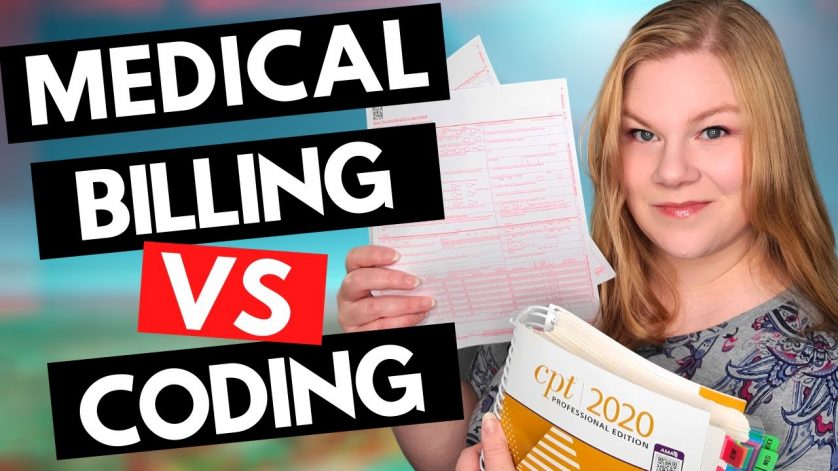Medical billing and medical coding are two critical processes in the healthcare industry. Although these two processes are related, they are distinct and involve different skills and responsibilities. In this response, I will explain the differences between medical billing and medical coding.
Medical Billing
Medical billing is the process of submitting and following up on claims with health insurance companies to receive payment for healthcare services provided to patients. The medical biller is responsible for creating invoices and submitting claims to insurance companies on behalf of healthcare providers. They are responsible for communicating with insurance companies to ensure that the claims are processed accurately and in a timely manner.
The medical billing process involves several steps, including:
- Patient Registration: The medical biller registers the patient and collects their personal and insurance information.
- Insurance Verification: The medical biller verifies the patient’s insurance coverage and eligibility for the services provided.
- Charge Entry: The medical biller enters the charges for the services provided into the billing software.
- Claims Submission: The medical biller submits the claims to the insurance companies electronically or on paper.
- Payment Posting: The medical biller receives the payment from the insurance companies and posts it to the patient’s account.
- Denial Management: The medical biller reviews and appeals denied claims to ensure that the healthcare provider receives the appropriate payment.
Medical Coding
Medical coding is the process of assigning standardized codes to medical diagnoses, procedures, and services. The medical coder is responsible for reviewing medical records and assigning the appropriate codes to each diagnosis, procedure, and service. Medical coding ensures that healthcare providers are reimbursed accurately for the services they provide.
The medical coding process involves several steps, including:
- Medical Record Review: The medical coder reviews the medical record to identify the diagnoses, procedures, and services provided.
- Code Assignment: The medical coder assigns the appropriate codes to each diagnosis, procedure, and service using coding manuals and software.
- Quality Control: The medical coder reviews their work to ensure that the codes assigned accurately reflect the medical record.
- Compliance: The medical coder ensures that the codes assigned comply with government regulations and industry standards.
- Communication: The medical coder communicates with the medical biller and healthcare providers to ensure that the codes assigned accurately reflect the services provided.
Differences between Medical Billing and Medical Coding
- Responsibility: Medical billers are responsible for submitting claims to insurance companies and ensuring that healthcare providers receive payment for the services they provide. Medical coders are responsible for assigning standardized codes to medical diagnoses, procedures, and services.
- Skill Set: Medical billers need strong communication and customer service skills to interact with insurance companies and patients. Medical coders need strong analytical and problem-solving skills to assign accurate codes to medical diagnoses, procedures, and services.
- Education: Medical billing and coding require different levels of education. Medical billers can typically obtain their education through a certificate or associate’s degree program. Medical coders typically require a more advanced education and certification from a professional organization such as the American Health Information Management Association (AHIMA) or the American Academy of Professional Coders (AAPC).
- Software: Medical billers use billing software to submit claims and manage patient accounts. Medical coders use coding software to assign codes to medical diagnoses, procedures, and services.
- Interaction with Patients: Medical billers interact directly with patients to collect personal and insurance information and answer billing-related questions. Medical coders do not typically interact with patients directly.
In conclusion, medical billing and medical coding are two distinct but interrelated processes in the healthcare industry. While medical billers focus on submitting claims and ensuring that healthcare providers receive payment for services provided, medical coders focus on assigning accurate codes to medical diagnoses, procedures, and services. Both processes are critical for the financial stability of healthcare providers and the

